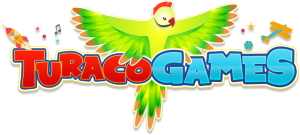Common pronunciation mistakes with the past simple
Part of the challenge of learning the past simple is the pronunciation. First of all, it’s not easy to remember the past simple forms of all the irregular verbs, but even the regular verbs can cause problems when it comes to the pronunciation of their endings.
In order to help our learners get to grips with this issue, we need to understand the rules that lie behind the different pronunciations.
Consider the following words:
looked
enjoyed
wanted
When you say those words out loud you realise that though they all end in –ed, they exhibit three different pronunciations. Looked ends with a /t/, enjoyed ends with a /d/ and wanted ends with a /Id/.
Now consider these words:
painted
played
asked
washed
allowed
ended
Can you see the rule?
For words which end in an unvoiced sounds – /p/, /k/, /ʃ/, /ʈʃ/, /f/ or /s/ – the word ends in /t/.
Words which end in any voiced sound end with /d/.
Words which end with /t/ or /d/ are pronounced with an /Id/ sound.
Though learners may naturally figure out the difference in pronunciation between the /d/ and /t/ endings, it is usually the /Id/ sound which causes trouble. One activity which can help your students to think about this issue is to incorporate a categorisation activity in which they must categorise words according to the pronunciation of their endings.
For younger learners there are numerous songs or stories which can be utilised to familiarise learners with the rules and let them practise the pronunciation. For older learners there are many different online games which allow the learner to hear the word being pronounced correctly and then asks the learner to categorise the sound.
Playing these games will help learners feel more comfortable using the past simple in their own language production. With time and with practise, learners will pick up the rules and integrate them into their pronunciation.




